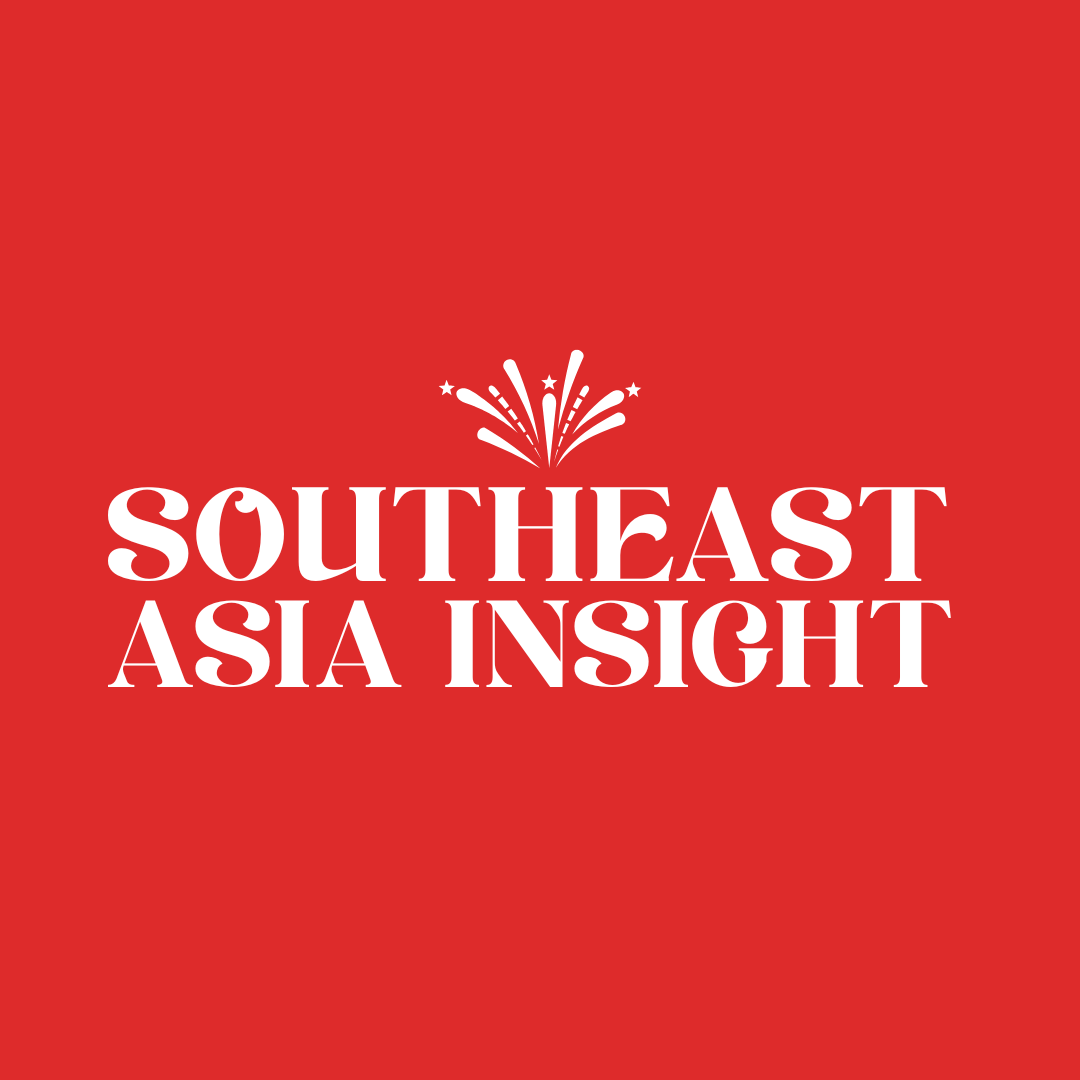Singapore's Dragon Year Fails to Boost Record-Low Fertility Rate
Singapore's 2024 dragon year maintains historic low fertility rate of 0.97, breaking traditional patterns and highlighting deeper socioeconomic challenges in family planning decisions.

Graph showing Singapore's declining fertility rates with emphasis on dragon years
Singapore's hopes for a dragon year baby boom in 2024 were dashed as the total fertility rate (TFR) remained at a historic low of 0.97, marking the first time since 1964 that a dragon year failed to boost birth rates. This development comes amid broader economic challenges, as Singapore's financial markets navigate uncertain times.
Breaking Traditional Patterns
The Population In Brief 2025 report, released by the National Population and Talent Division, revealed that 2024's TFR maintained the sub-1.0 level first reached in 2023. This represents a significant departure from historical trends, where dragon years typically saw notable increases in birth rates.
"Financial security, career development, and childcare concerns far outweigh zodiac considerations when it comes to having children these days," noted sociologists and academics studying the trend.
Economic Factors Override Traditional Beliefs
The unchanged fertility rate reflects broader societal shifts in Singapore, where economic restructuring and employment concerns increasingly influence family planning decisions. Despite government initiatives, including the Large Families Scheme offering up to $16,000 for third and subsequent children, couples remain hesitant.
Key Findings:
- Chinese women showed a slight TFR increase from 0.81 to 0.83
- Malay and Indian women's TFR declined from 2023 to 2024
- Citizen births rose by 1.2% to 29,237 in 2024
Implications for Singapore's Future
The persistent ultra-low fertility rate poses significant challenges for Singapore, which is rapidly approaching super-aged society status. This demographic shift impacts various sectors, including workforce innovation and technological adaptation across industries.
As Singapore grapples with these demographic challenges, policymakers continue to introduce measures supporting families while maintaining the nation's economic competitiveness and social cohesion.
Wei-Ling Tan
Tech and economy specialist, covering innovation in Southeast Asia from Singapore for both English-language and regional media outlets.
